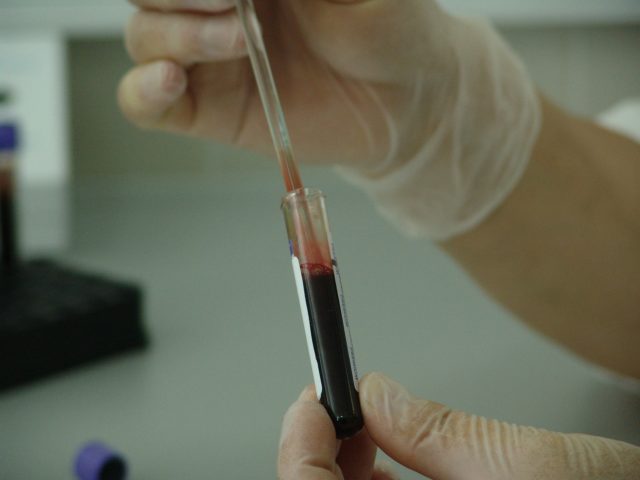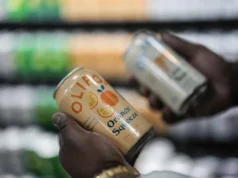
For many cancers, diagnosis is a long and challenging process. A new blood test, however, could offer a much-needed simpler and more effective diagnostic technique. Called CancerSEEK, it has the potential to identify eight cancer types from one blood sample.
In the new study, researchers reveal how the blood test demonstrated high sensitivity and specificity for cancer detection in more than 1,000 people with the disease.
The team — from the Johns Hopkins University School of Medicine in Baltimore, MD — recently published their results in the journal Science.
Worldwide, cancer remains one of the leading causes of death. It is estimated that by 2030, the number of cancer deaths will have risen from 8 million to 13 million.
Early diagnosis is key to reducing cancer-related deaths; the earlier the disease is diagnosed, the higher the chances of treatment success. But sadly, many cancers are not caught until the later stages, and this is largely due to a lack of fast and effective diagnostic tools.
However, the Johns Hopkins researchers believe that CancerSEEK could bring us closer to a quick, simple way to detect cancer in its early stages.
Test produced high sensitivity and specificity
When cancerous tumors form, they release small fragments of mutated DNA and proteins into the bloodstream, and these can act as markers for cancer.
The new blood test works by identifying the markers for 16 gene mutations and eight proteins that are associated with eight different cancer types. These include breast, lung, and colorectal cancer, as well as five cancers — ovarian, liver, stomach, pancreatic, and esophageal — for which there are currently no routine screening tests for people at average risk.
“A novelty of our classification method is that it combines the probability of observing various DNA mutations together with the levels of several proteins in order to make the final call,” explains study co-author Cristian Tomasetti, Ph.D., an associate professor of oncology and biostatistics at Johns Hopkins University.












